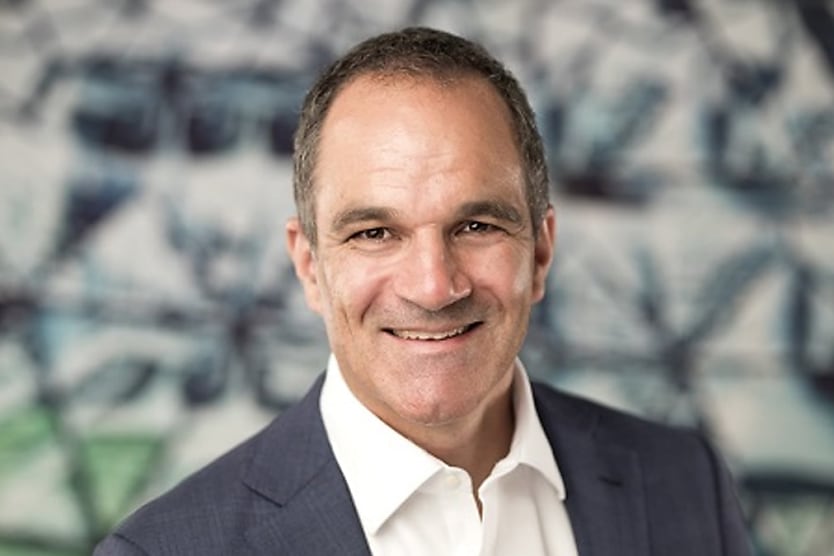
A recent business survey has highlighted the significant increase in concern pertaining to wage pressures for Aussie businesses.
The Business Conditions Survey released by Business NSW has revealed the leading concerns for Aussie organisations as 2024 comes to an end. Leading the way as the priority issues are now insurance costs, taxes, and wages – leaving energy costs out of the top three for the first time since the survey’s inception.
According to Business NSW, taxpayer-funded subsidies are having an impact on energy bills, yet at the same time, eight out of 10 businesses don’t expect energy prices to be any lower in two years.
So, how has it slipped out of the key stress inducers for businesses?
Business NSW chief executive Daniel Hunter has pointed towards rising operational costs, paired with a cut back on spending by customers, simply being more pressing issues.
“Businesses are already under pressure from rising operational costs, and now, with delayed payments becoming more common, it’s even harder for them to stay afloat,” said Hunter.
“Nearly 40 per cent of businesses are now waiting longer for invoices to be settled, which means they have less cash flow to cover their own expenses. For small businesses, this delay could be the difference between staying open or closing their doors.”
According to the survey, 38 per cent of businesses are facing price negotiations, while 30 per cent are seeing more demand for cheaper alternatives, and 39 per cent are experiencing what Hunter previously mentioned as waiting longer for due invoices to be paid.
More data revealed that close to 60 per cent of businesses are operating below full capacity. Businesses are reportedly turning to international students to fill workplace gaps and eventually get back to operating at full capacity, as nearly half of employers have stated they are vital to easing the labour crisis.
The hiring of international students, however, has been somewhat nullified through the federal government’s plan to cut down on the number of them entering the country in 2025 – a plan that Hunter wholeheartedly disagrees with.
“The federal government’s decision to try and cut the number of international students in 2025 will make things much worse, like we saw during COVID,” said Hunter.
“The federal government needs to accelerate the number of skills visas. We must ensure filling skills shortages are data-driven, not politics-driven.”
Although these concerns about wages and costs are true, the survey shows that business claims are, in fact, improving.
“It’s encouraging to see the Business Confidence Index rebound from -67.8 in September to -54.0 in December,” said Hunter.
“While still slightly below the start-of-year figure, this recovery shows businesses are regaining optimism and adapting to tough conditions, which is a positive sign for future growth.”
Kace O'Neill
Kace O'Neill is a Graduate Journalist for HR Leader. Kace studied Media Communications and Maori studies at the University of Otago, he has a passion for sports and storytelling.










